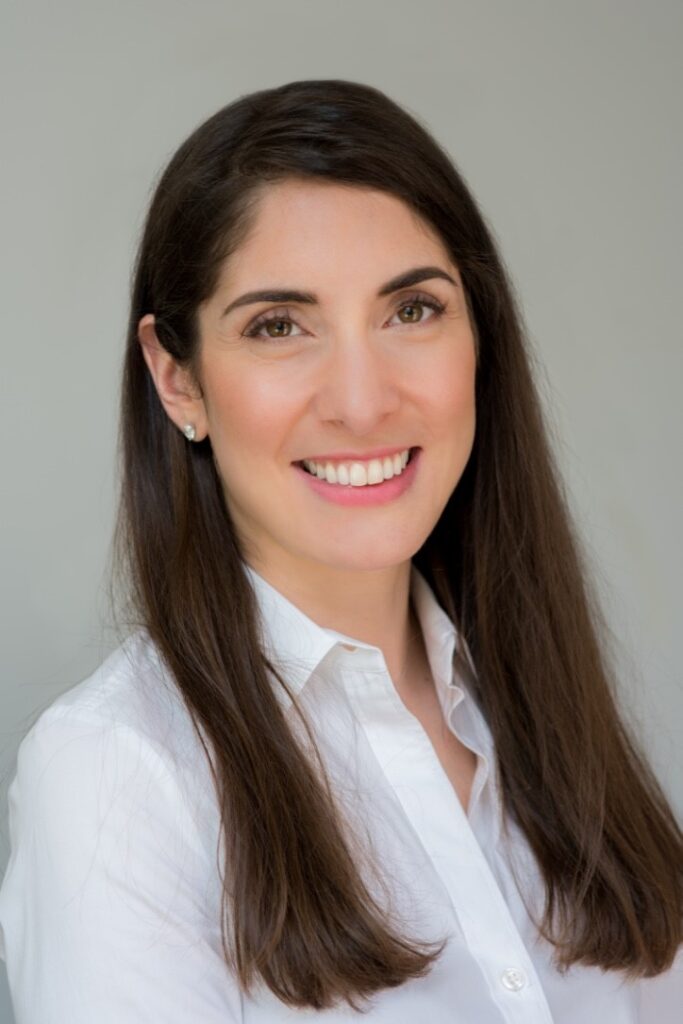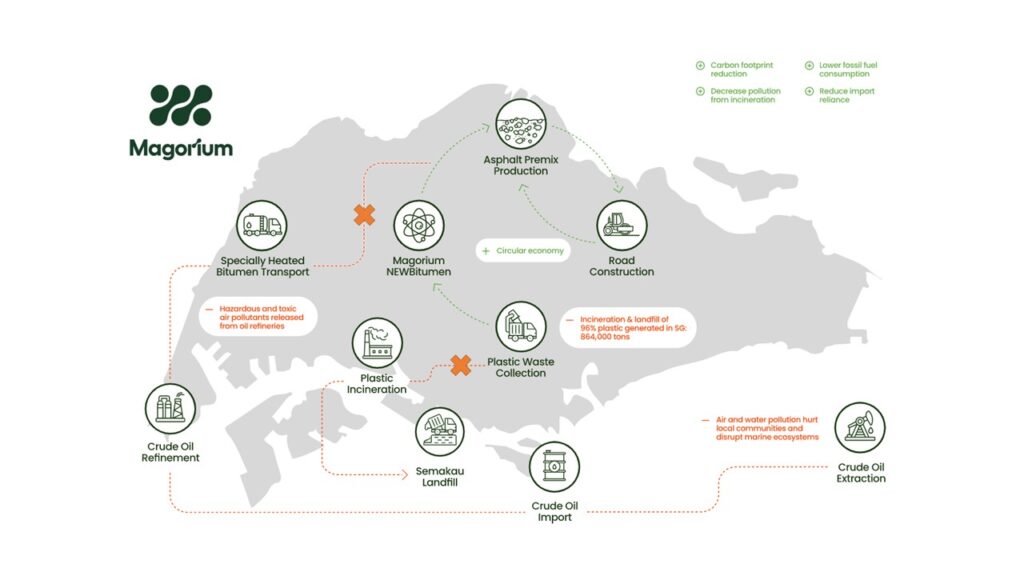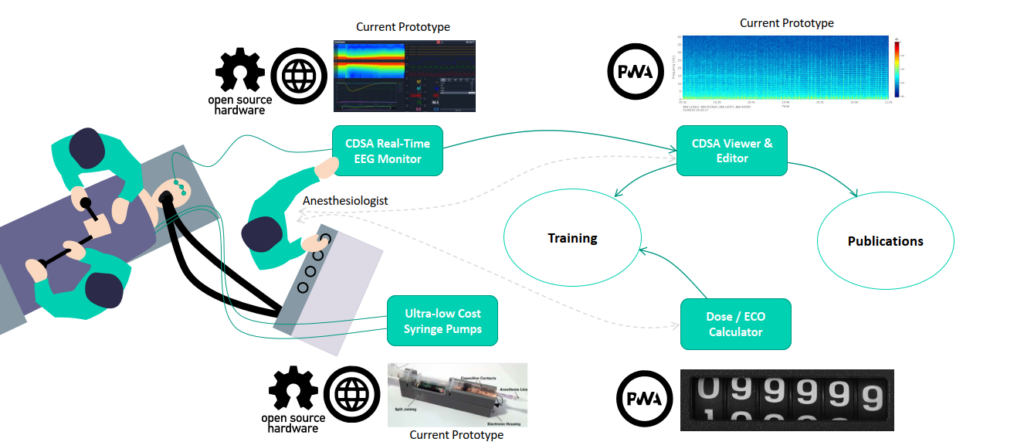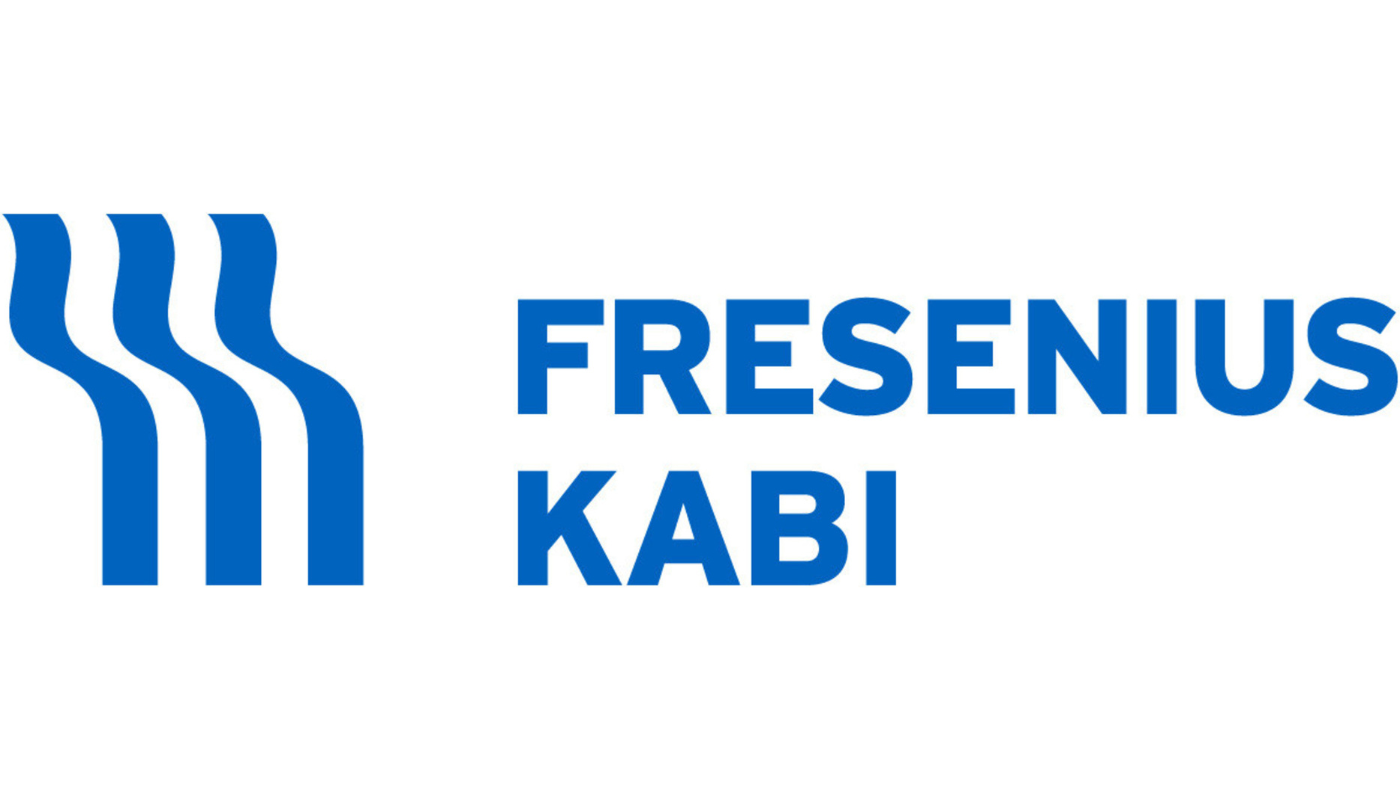The WFSA Fresenius Kabi Anaesthesia Innovation Awards support the development of pioneering ideas that have the potential to transform the field of anaesthesia.
The awards, developed alongside the global healthcare company Fresenius Kabi, provide new innovators with mentoring and consultancy, financial support, and a platform at The World Congress of Anaesthesiologists (WCA).
Previous winners have used the award to develop, refine and showcase game-changing tools, such as a screenless anaesthesia monitor, an affordable capnography device and a video laryngoscope for a difficult airway.
1st Place – Global PRoMiSe: Perioperative Recommendations for Medication Safety
Dr Karen Nanji, Dr Beverley Orser, Dr Alan Merry, Dr Adrian Gelb, Dr Joyce Wahr

Perioperative medication errors are a significant public health problem, with 4-10% of medication administrations, or almost every second operation, involving a medication error. About half of these lead to patient harm, and the remainder have the potential for patient harm.
Dr Karen Nanji’s innovation aims to provide anaesthesia clinicians working in all resource settings with targeted strategies to help prevent medication errors. This resource is to be expert-based and tailored to country resource availability.
While many strategies to prevent medication errors have been recommended in high and middle income countries, most involve significant financial investment and rely on process improvements such as syringe labelling to already be in place, which may be difficult in middle and low income countries where resources are scarce.
– Dr Karen Nanji
The Global PRoMiSe project, based at Harvard Medical School, aims to reduce medication errors by developing context-appropriate patient safety recommendations for policymakers, hospital administrators and frontline healthcare providers.
The first-place award funds will go towards the research, creation and dissemination of these recommendations.
2nd Place – Repurposing used syringes into bitumen: a sustainable healthcare waste solution
Dr Pei Kee Poh, Dr Caitlin Louise Choo Min Ci, Dr Neil Tan Yi Sheng, Dr King Sin Ang, Dr Neo Hong Jye, Dr Deborah Khoo, Shu Xian Oh, Chu Xian Oh

In line with the WFSA consensus principles of environmentally friendly anaesthesia, the 2023 awards saw judges prioritise innovations that aim to reduce the environmental impact of anaesthesia.
Witness to the vast amount of plastic waste generated by healthcare facilities, a team of anaesthetists from National University Hospital in Singapore was driven to find a sustainable healthcare waste solution.
The team won second place for their plan to – together with a local company, Magorium – repurpose non-biodegradable composite plastic syringes into a construction material, new bitumen.
The repurposing is done via pyrolysis, a self-sustaining process that negates the resource-intensive methods of sorting and cleaning required in traditional recycling. Used in the construction of roads, bitumen makes use of plastics that would otherwise have been disposed of in landfills or incinerated.
This inter-industry project is part of a united effort towards global sustainability and a more circular economy, by reducing both medical waste burden and crude oil use in conventional bitumen production
– Dr Pei Kee Poh
The funds awarded will be channelled into crucial aspects of the project development such as improving process efficiency, expanding repurposing capacity and exploring other potential medical feedstock items.
3rd Place – Open TIVA Suite for Climate Conscious Anesthesia
Dr Alan Tung, Dr Richard Merchant, Dr Chris Petersen

Also in line with the WFSA consensus principles, third place went to Dr Alan Tung, Dr Richard Merchant and Dr Chris Petersen for their toolkit to minimise the use of environmentally harmful inhalational anaesthetics.
Globally, healthcare is responsible for nearly 5% of total global greenhouse gas emissions and similar fractions of harmful air pollutants. Total intravenous anaesthetics (TIVA) has been recommended to reduce the environmental impact of inhaled anaesthetics, though their use is not always possible due to resource restrictions in low- or middle- income countries.
To address this, the team at the University of British Colombia are developing an open-source suite of tools to make TIVA more accessible. The suite will include:
- A real-time electroencephalograph (EEG) acquisition and monitoring interface with built-in simulation and pharmacokinetic modelling.
- A low-cost syringe pump.
- An ecological footprint calculator.
- A web-based online retrospective EEG colour density spectral array viewer, and annotation application for case reviews and data publication.
Increased TIVA training and education may increase wider adoption of this anesthetic technique, and is optimally performed in combination with EEG monitoring to optimize anesthesia depth and reduce concerns for intraoperative awareness.
– Dr Alan Tung
These tools will be used as whole or in parts in operating rooms around the world, whether in resource-rich or poor hospitals. The awarded funds will go towards developing, testing and disseminating the toolkit.
What do the winners receive?
All three awardees have been given cash prizes ranging from $20, 000 to $30, 000, as well as further funding for mentoring and consultancy.
They will also be provided with a platform at the World Congress of Anaesthesiologists (WCA) 2024 and will receive an additional $6000 to create a promotional film showcasing their idea to WCA attendees.
Previous Awardees and More Information
- 2019- Screenless Anaesthesia Monitor (SAM) by Dr Paul Barton
- 2018 – RevoCap: A revolution in Global Capnography by Maziar Mohsen Nourian and Michael Lipnick
- 2017– SmartBlade: Video laryngoscope by Caroline Corbett and Nick Nevin
- Applications for the awards are currently closed, but this page has more information on the prize and submission guidelines






